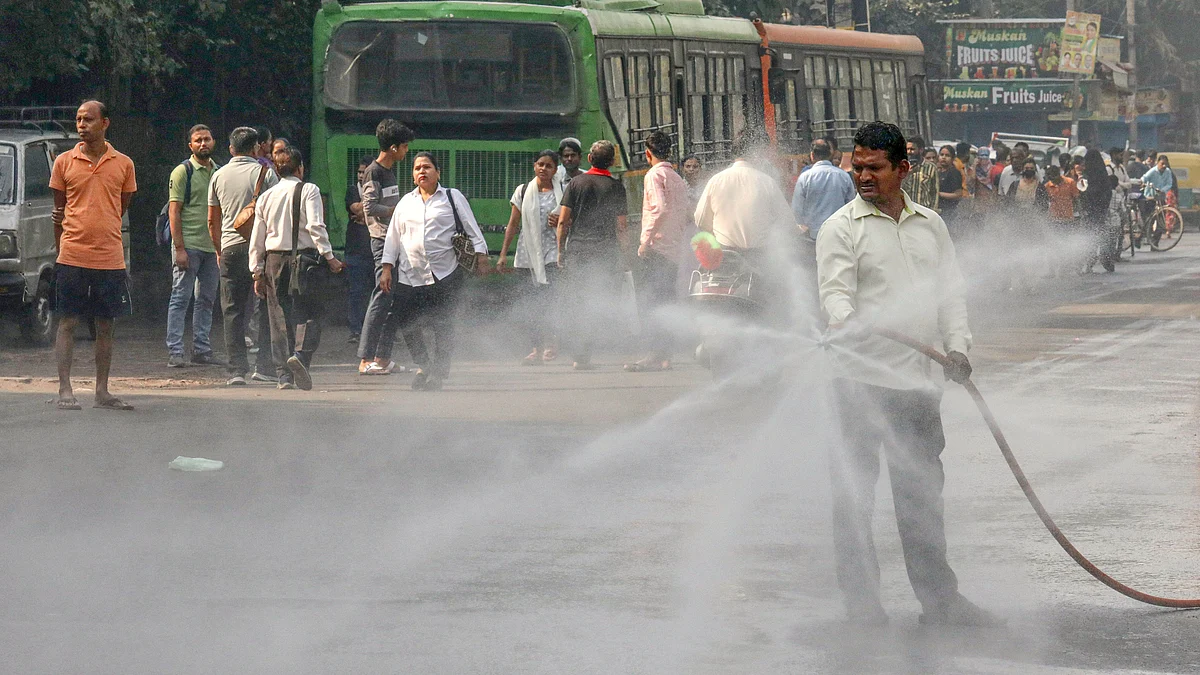SC warns against ‘seasonal, ceremonial’ approach to Delhi–NCR AQI, hearing on 3 December
A bench of CJI Surya Kant and Justice Joymalya Bagchi says long-term solutions — not seasonal fixes — are needed

The Supreme Court on Thursday, 27 November, agreed to hear on 3 December a plea on the worsening air quality in the Delhi–National Capital Region (NCR), observing that the crisis demands regular monitoring rather than seasonal, ceremonial attention.
A bench of Chief Justice of India Surya Kant and Justice Joymalya Bagchi took note of submissions by senior advocate Aparajita Singh, the court-appointed amicus curiae, who warned that Delhi-NCR was facing an “alarming situation” and that the region was currently under a health emergency due to toxic pollution levels.
The CJI questioned the limits of judicial intervention, remarking, “What magic wand can a judicial forum exercise? I know this is hazardous for Delhi-NCR. We all know the problem. The issue is what is the solution.”
He stressed that while courts may offer directions, effective and lasting remedies must come from domain experts, not from judicial orders.
“We issue some directions and get to breathe clean air immediately… Then we have to see what the solutions can be in each region. Let us see what the government has constituted in terms of committee,” he said, adding that the matter is often listed mechanically during Diwali but now requires consistent, long-term oversight.
The bench emphasised the need to identify the root causes of recurring pollution rather than rely only on emergency restrictions. “We hope and expect that long-term solutions are found,” the CJI added.
On 19 November, the court had asked the CAQM (Commission for Air Quality Management) to examine whether open-air sports events in schools scheduled for November–December should be postponed to “safer months” due to hazardous air quality.
The court had also declined to impose year-round restrictions under the GRAP (Graded Response Action Plan) — the emergency mechanism that curtails polluting activities during severe air-quality episodes — noting that such measures are not meant to serve as a permanent framework.
Instead, the bench underscored the need for sustainable policies, coordinated action across states, and scientifically informed strategies to address Delhi-NCR’s chronic winter pollution.
The upcoming hearing on 3 December is expected to review the steps taken by authorities and evaluate whether current mitigation measures are adequate to address the persistent public health crisis.
With PTI inputs
Follow us on: Facebook, Twitter, Google News, Instagram
Join our official telegram channel (@nationalherald) and stay updated with the latest headlines
